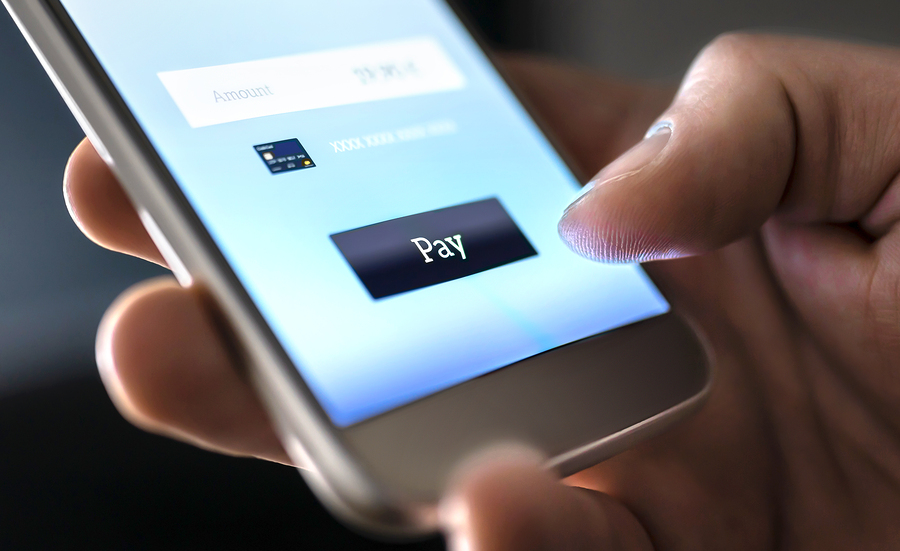In today’s digital age, Ramadan is a time when app browsing and mobile shopping spike among communities across the region. In 2023, for instance, Checkout.com saw processing volumes of online transactions during Ramadan swell in the region year-on-year by 69%. Between 2021 and 2023, the volume rose by an astounding 143%.
It is a behaviour that shows no sign of slowing down. The digital payment ecosystem is gaining more trust and, hence, more utilised by consumers. There is a good reason for this. The ecosystem is becoming significantly more secure due to rapid security advancements and fraud prevention. Again, based on Checkout.com processing data, between 2021 and 2023, the fraud rates for online transactions during Ramadan in the region were reduced by a whopping two-thirds.

Yet, what many merchants in the region may not realise is that enhancing their in-app payment processing is an untapped opportunity to increase their revenues this Ramadan, according to Remo Giovanni Abbondandolo, General Manager, MENA at Checkout.com. In-app payments open all sorts of monetisation possibilities for app-based businesses, from setting up subscription payments to unlocking exclusive content.
In-app payment processing essentially allows merchants to take payments from users for goods and services directly from within a mobile app. Users simply enter their payment details on a secure in-app checkout, meaning they don’t have to leave the app to complete their purchase. To enable in-app payment processing, merchants need to implement mobile payment technology through a backend integration with a payment service provider (PSP). However, they must also comply with the rules stipulated by Apple or Google’s app store platforms.
Abbondandolo believes that merchants in the GCC stand to reap enormous benefits from fine-tuning their in-app payments. These benefits include:
- Higher conversions. Overly complicated checkouts or payment journeys that require the user to leave the app vastly increase the chances of cart abandonment. By allowing the user to pay within the app, merchants can create a frictionless customer journey that can help to increase conversions.
- Higher revenue. A seamless checkout experience and higher conversions can only lead to one thing – more revenue.
- Improved customer retention. By enhancing the payment experience and creating more opportunities for engagement, in-app payments encourage users to spend more time within the app, which increases retention.
- Faster settlement. In-app payments enable merchants to offer direct account-to-account payment methods, which can have much faster settlement times than card payments.
However, there are some drawbacks merchants should consider when deciding whether in-app payments are right for their business.
- High commission. The main downside is the substantial commission charged for native in-app payments. If a business makes more than $1 million in annual net app revenue on both the Apple App Store and Google Play Store, the commission is usually 30% of that revenue. However, if it makes less than $1 million, or in the case of a subscription-based app that’s been in service for over 12 months, the corresponding fee is 15% of the revenue, which will apply to most app developers.
- Lack of flexibility. Direct integration with a PSP does not always provide enough flexibility. Merchants might require additional flexibility for in-app payments, such as offering alternative payment methods beyond Apple Pay or Google Pay, which is currently limited.
With a smart approach, Abbondandolo asserts that the benefits far outweigh the challenges – especially in a season as busy as Ramadan. Ultimately, merchants considering implementing in-app payment processing need to do so in a way that gives them the freedom to optimise user experience and limit the impact of commission while still complying with app store guidelines.
Source: Checkout.com


